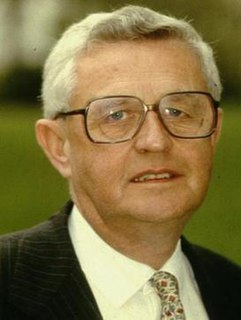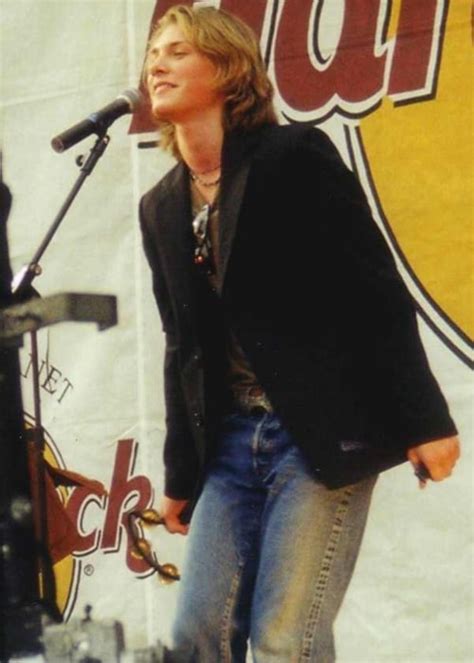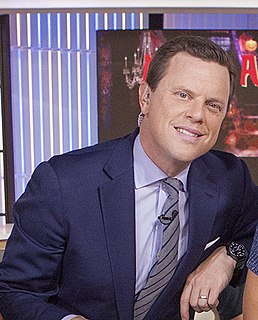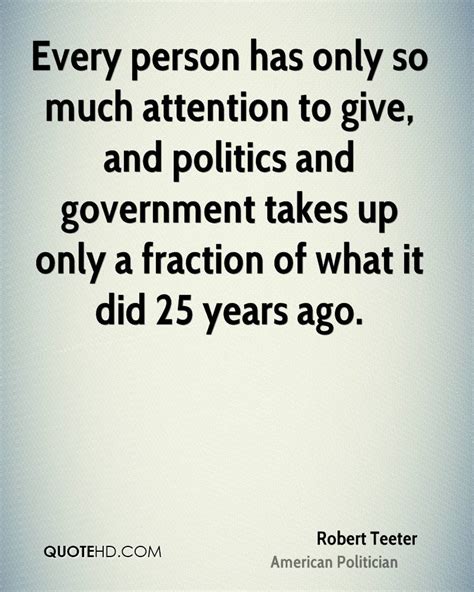A Quote by Rush Limbaugh
The presidency has even become a partisan thing. The presidency has been totally politicized and totally made partisan, as evidenced by the IRS going after the Tea Party and any number of other examples I give you.
Related Quotes
If you have not chosen me by secret ballot, neither have I gained office by any secret promises. I have not campaigned either for the Presidency or the Vice Presidency. I have not subscribed to any partisan platform. I am indebted to no man, and only to one womanmy dear wifeas I begin this very difficult job.
The most depressing thing about blogging is watching so-called 'citizen journalists' turn in to little more than easily offended partisan hacks. Any remark that is slightly less than completely and totally scripted and can give the slightest opportunity to offend some delicate soul somewhere is used to set off a series of partisan screeches and cries of outrage that would make the Church Lady jealous.
[Former chief executives] come away thinking that America needs a strong, functioning presidency to succeed, and they become very protective of that office. Democrats and Republicans alike are willing to put aside their own party's self-interest to preserve the presidency. That's been true over the decades.
The presidency made John Adams an old man long before there was television. As early as the nation's first contested presidential election, with Adams and Jefferson running to succeed Washington, you had a brutal, ugly, vicious campaign that was divisive and as partisan as anything we're experiencing today.
I don't know that I 'look up' to them, but in our predictably partisan media world, I admire journalists who are genuinely nonpartisan and totally fearless in their work - people who have no interest in being invited to the cocktail party. I don't agree with everything he writes, but Glenn Greenwald comes to mind.
The best results in the operation of a government wherein every citizen has a share largely depend upon a proper limitation of the purely partisan zeal and effort and a correct appreciation of the time when the heat of the partisan should be merged in the patriotism of the citizen. ... At this hour the animosities of political strife, the bitterness of partisan defeat, and the exultation of partisan triumph should be supplanted by an ungrudging acquiescence in the popular will and a sober, conscientious concern for the general weal. ... Public extravagance begets extravagance among the people.
Even in Madison’s day, the practice of gerrymandering for partisan advantage was familiar. In the late seventeen-eighties, there were claims that Patrick Henry had tried to gerrymander Madison himself out of the First Congress. The term was coined during Madison’s Presidency, to mock Elbridge Gerry, the governor of Massachusetts, who in 1811 approved an election district that was said to look like a salamander.



































